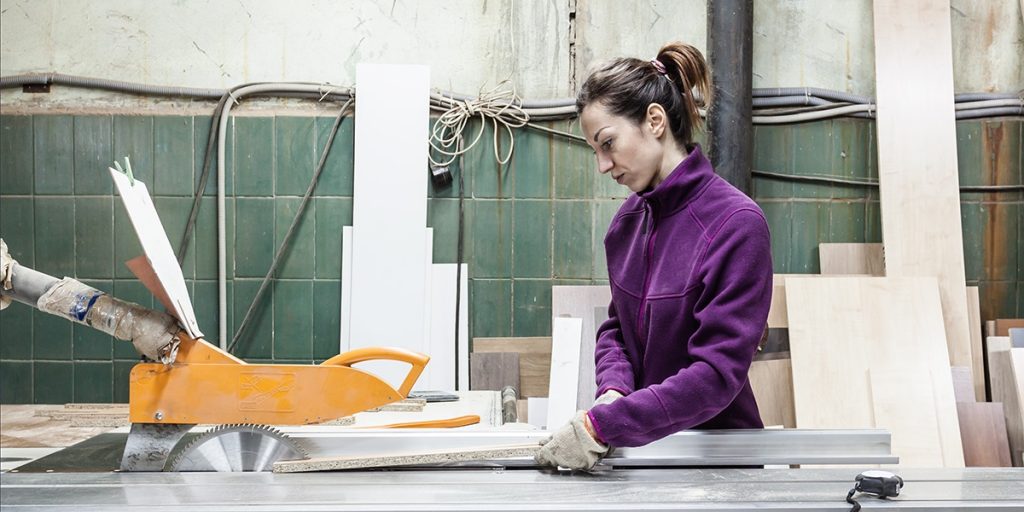March is Women’s History Month, which prompts us to explore the status of women in manufacturing. From laboring in the mills of Industrial Revolution-era New England to working the factory jobs left behind by soldiers fighting in World War II, women’s contributions to America’s industrial success have been significant.
But history’s path has not led us to any real balance in the manufacturing workforce of today. Women now constitute only 27 percent of the manufacturing labor force in the United States, despite making up 47 percent of the total workforce. During the recent Great Recession, one in every six women working in manufacturing lost their jobs, compared to one in every nine men. And during the recovery, the gains in employment, especially in higher-paying manufacturing industries, have gone disproportionately to men, making the divergence more acute.
In an environment where many manufacturing jobs are going unfilled, women clearly represent a pool of untapped talent. And since diversity is known to enhance organizations’ competitiveness and capacity for innovation, the question of increasing women’s participation in manufacturing occupations is even more imperative.
Clearly, efforts to boost STEM education among girls and women are part of the solution. So is cultivating children’s awareness of and interest in the modern manufacturing industry and its career opportunities.
But Natalie Schilling, a human resources vice president at Alcoa, is convinced that manufacturing executives must also drive the needed change: “Increasing the presence of women in manufacturing is a push-pull effort—with the ‘pull’ responsibility lying with the employers themselves. We cannot build supply without first creating a robust demand.”
A study by Deloitte and the Manufacturing Institute that surveyed hundreds of women professionals in manufacturing lays out a path forward for leaders who want to institute such change from within their companies. The study advocates for senior-level commitment to programs of diversity and inclusion, the creation of flexible work environments, fostering mentorship and sponsorship networks, and targeting professional development opportunities for women on their payrolls.
In our research, we also came across an inspiring collection of profiles of women in industry. Check out the “Hear Her Story” blog by Women in Manufacturing (WiM), an organization focused on promoting mentorship and community-building as key tools for attracting and retaining women in manufacturing.
[post_grid id=”9071″]

